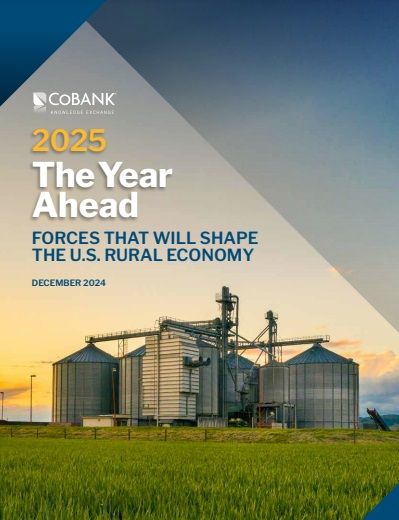


On January 16, 2025, U.S. Senator Jerry Moran (R-Kan.) reintroduced the Farm to Fly Act, aimed at accelerating sustainable aviation fuel (SAF) production through U.S. Department of Agriculture (USDA) programs. This legislation seeks to clarify federal definitions for SAF and enhance collaboration between the USDA and the private sector. Current co-sponsors of the Act include Senators Chuck Grassley (R-Iowa), Tammy Duckworth (D-Ill.), Pete Ricketts (R-Neb.), Amy Klobuchar (D-Minn.), and Joni Ernst (R-Iowa) [6a4c66bb].
The Farm to Fly Act is part of a broader initiative that includes the launch of the Sustainable Aviation Caucus in September 2024, which was spearheaded by Senators Moran, Duckworth, Klobuchar, and John Boozman (R-Ark.). The senators emphasized the benefits of SAF not only for farmers but also for enhancing energy independence and promoting environmental sustainability [6a4c66bb].
Support for the Act has come from various agricultural and aviation leaders, including the Sustainable Aviation Fuel Coalition and the Renewable Fuels Association. The legislation aims to create new markets for American farmers while simultaneously reducing carbon emissions from the aviation sector [6a4c66bb].
In conjunction with the reintroduction of the Farm to Fly Act, the USDA Rural Development launched a Clean Energy website on January 21, 2025, to provide resources and information on clean energy initiatives [6a4c66bb]. Additionally, Wizz Air completed an operational trial of SAF on January 16, 2025, marking a significant step in the practical application of sustainable fuels in aviation [6a4c66bb].
The Environmental Protection Agency (EPA) also published its third Renewable Fuel Standard (RFS) impact report on January 17, 2025, which noted that over 25.22 billion Renewable Identification Numbers (RINs) were generated under the RFS in 2024 [6a4c66bb].
In the context of the U.S. renewable diesel and SAF sectors, CoBank has forecasted a modest increase in production capacity, with renewable diesel production expected to rise from 210,000 barrels per day in 2024 to 230,000 barrels per day in 2025. SAF production is projected to reach nearly 50,000 barrels per day in 2025, driven by federal tax incentives and low carbon fuel policies [bb9203f9].
However, the industry continues to face challenges due to policy uncertainties surrounding the Renewable Fuel Standard (RFS) and small refinery exemptions (SREs), which could hinder growth prospects. The recent passing of a short-term funding bill by Congress, which includes provisions for E15 sales and an extension of the Farm Bill, may provide some stability for the biofuels sector [bb9203f9].
As the ethanol industry braces for changes ahead of 2025, CoBank predicts production will stabilize at around 1.05 million barrels per day, but political and regulatory uncertainties remain a concern. The incoming Trump administration is expected to delay the announcement of new RFS renewable volume obligations for the years 2026 to 2029, adding to the market's instability [a14cf0d8].
Despite these challenges, U.S. ethanol exports are projected to reach record levels in 2024, with Canada as the primary destination. However, potential tariffs and increasing competition from Brazil could pose obstacles to continued export growth [a14cf0d8].
The White House Office of Management and Budget (OMB) has also published the Fall 2024 Unified Agenda, outlining upcoming regulations that could further shape the landscape for biofuels in the United States [a14cf0d8].